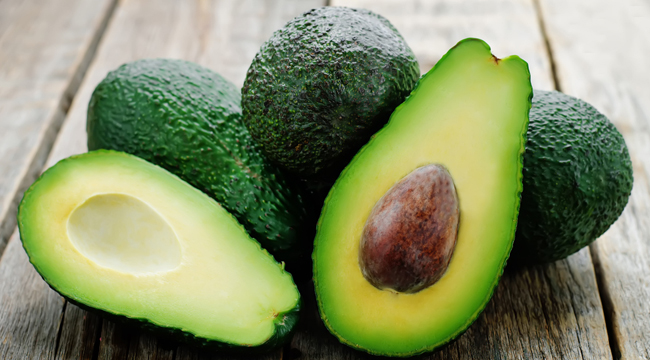
If you’ve been coasting through the last ten years feeling relatively unconcerned about the very real problem that is climate change, here’s something that might wake you up: it’s about to affect your avocados in a very real way. Scared yet?
Since June, there have been murmurs of an avocado shortage due to California’s never-ending drought, but this newest report on the status of everyone’s favorite burger bun alternative is much more serious. As The Atlantic writes, avocados are particularly susceptible to the higher temperatures and and water shortages that climate change is bringing. After this summer’s unprecedented heat around the world, the shortage has extended to Mexico, Chile, and Australia.
Which wouldn’t be so much of a problem, if avocados weren’t absolutely exploding in popularity right now. Back in 1990, the average American ate 1.5 pounds of the fruit per year; as of 2012, that number had increased to 5 pounds. If you’re a hipster or a regular consumer of Chipotle, that number is probably even higher.
That said, the price hike doesn’t make avocados completely unattainable — at least, not yet it doesn’t. According to the Orange County Register, the average cost of a case of avocados is up to $76 — nearly triple last summer’s $25-$35/case and the highest it’s been in three decades. For consumers, avocados are selling for $1.65/fruit and up. Gone are the days of two-for-a-dollar avocados and cheap homemade guac.
One more thing to be very, very concerned about: the rise of the “blood avocado,” that is, the fact that drug cartels in Michoacán, Mexico are becoming very involved in the state’s avocado industry. As Vocativ writes, avocados are Michoacán’s principle export, with 72% of Mexico’s avocado plantations located in the state, and 80% of the avocados produced being exported to the guac-hungry U.S. The crop is so profitable that it’s known as oro verde, that is, green gold.
Which of course means the cartels — specifically, the Caballeros Templarios, or Knights Templar — are interested in exploiting every single person involved in the industry, from the plantation developers at the top right down to the pickers at the bottom.
“The Templarios have ruined my business,” one plantation owner told Vocativ. “I don’t know how much longer I have until I go bankrupt.”







